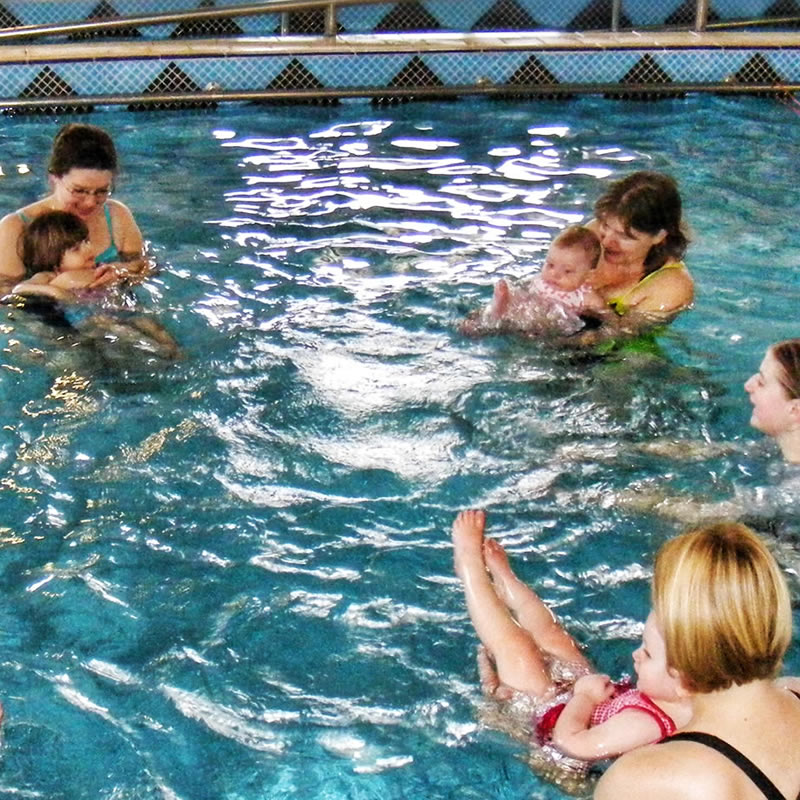Learn to Swim
There are around one third of all children reaching Primary school leaving age who cannot swim.
Given that the UK is an island completely surrounded by water, this is perhaps not an enviable statistic.
Later in life, it is easy to see why swimming is such an important exercise, sport or pastime, given the gentle work out it can achieve.
Swimming is a tremendously healthy pastime, utilising almost all of the body’s muscles in a way which can be very energetic, or as laid back and easy as the swimmer desires, the most important thing is to bother to go to the pool.
Being competent in the water can open up possibilities for sports and pastimes that sound popular and commonplace, but are only open to those who can swim.
These can include surfing, wind surfing, water skiing kayaking, canoeing, sailing, scuba diving and much more.
The best accepted way of teaching swimming is “the younger, the better” and starting from pre-school is a positive beginning.
Although it is unlikely that children under five years old can be said to be proficient, it can be a start in instilling confidence in being in the water, which is in itself a big step forward.

Learning to swim can open up lifestyle choices, but it can also save lives. Drowning amongst those of school and pre-school age is a forlornly large statistic and a greater proportion of it could possibly be avoided by the ability to swim.
Teaching children to swim should initially be a parental duty, although for many practical purposes, this is recognisable that this either cannot or will not happen.
Visits to the seaside, lake or other open water if the weather is fine, offer a magnetic type pull to many children, and in these situations they will, as non-swimmers require some very close supervision indeed.
Unlike swimming pools, the floors are likely to be uneven, and possibly invisible adding to the potential possible hazards of tides and currents, and for theses environments it is preferable if the child has been taught to swim in a pool.
Teaching children to swim in todays’ school environment is no longer just a race for the end of the 25metre pool, but an acceptance that some children are going to need nurturing simply to get some confidence in the water.
Some children, for better or worse, know no fear, others will need coaching to find the pleasure that being able to swim introduces a certain self-confidence that will last a life time.